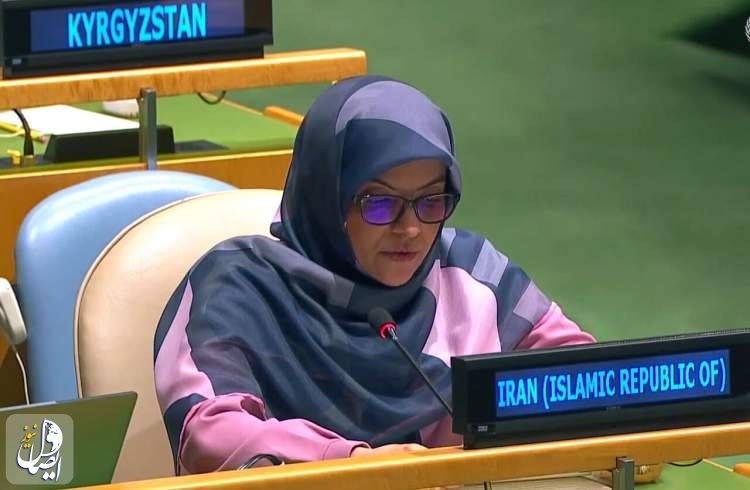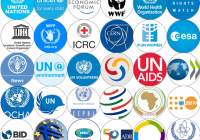Ambassador and Deputy Permanent Representative of the Islamic Republic of Iran to the UN Zahra Ershadi has said that the global north states who hold historical responsibility for the emerging global challenge (climate change) continue to disregard their international responsibilities through their actions or omissions.
- US moves against cybersecurity ‘risk’ posed by China-made port infrastructure
- Israeli conspiracy behind Iran gas pipeline explosions: Minister
- Assault on Rafah will be met with decisive response: Resistance groups
- India regulator finds $240 mln diverted out of Zee's books, sources say
- Elections are main pillar of the Islamic Republic & in it people are the owners of the country
- Tragedy in Gaza proved current world order is false and will be destroyed :Ayatollah Khamenei
- UNSC to hold meeting on Ukraine on July 17 to be attended by top diplomats
- Today confrontation is btw. the Islamic system & the lying front that calls itself liberal democracy
- Zionists rightly worried about not seeing 80th anniv: Ayatollah Khamenei
- Various mutual capacities require agreements of the two countries to be implemented as soon as possible: Raisi








